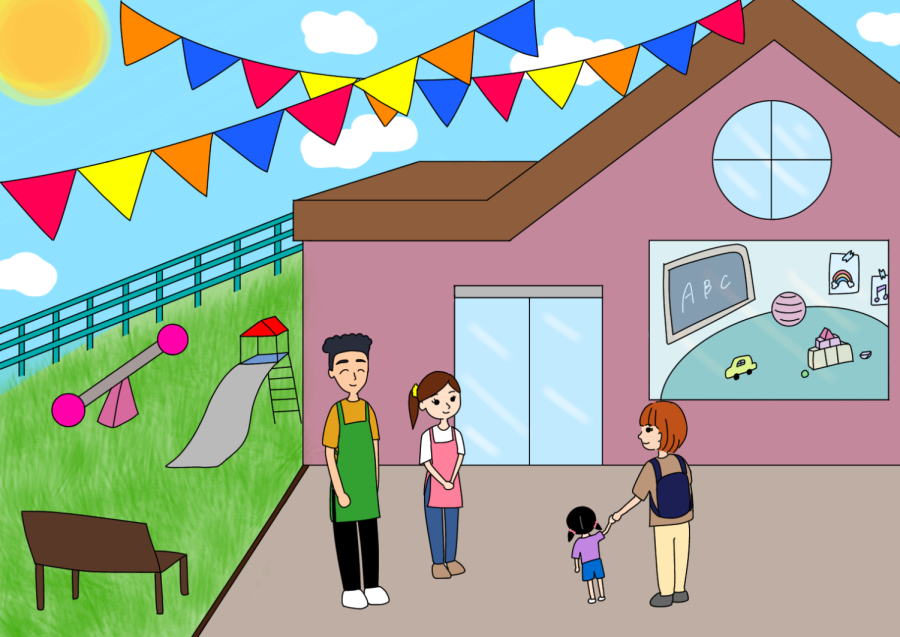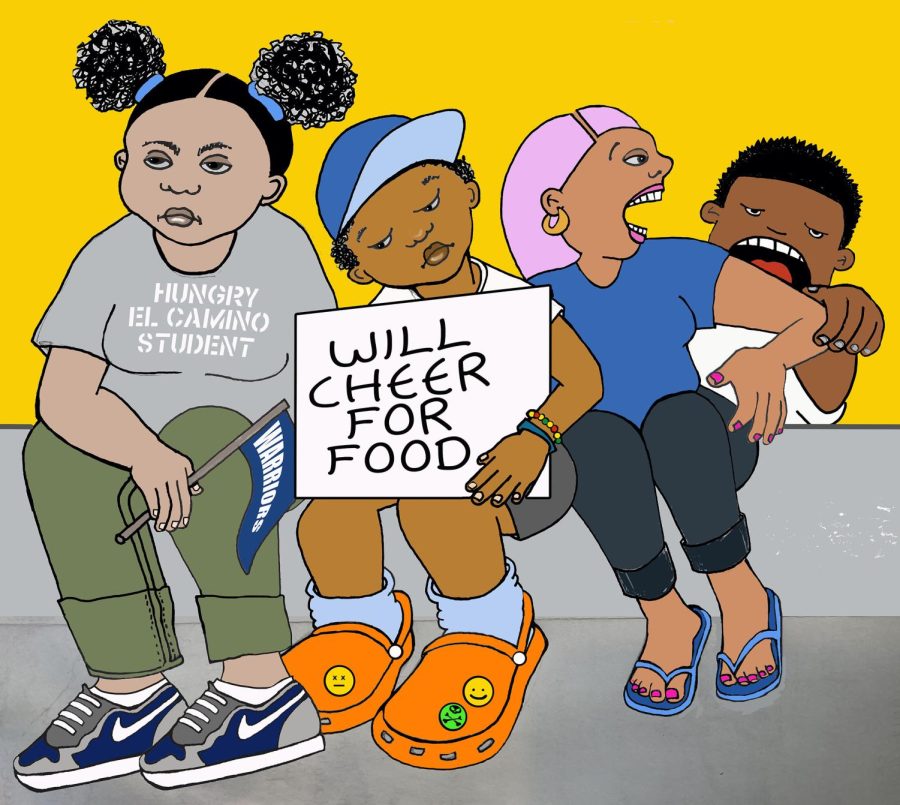El Camino College offers many creative classes to students, but Jewelry and Metalsmithing is typically popular among students because they can make accessories using metals and tools.
Professor Irene Mori teaches Introduction to Jewelry and Metalsmithing. She has taught for 35 years at El Camino College (ECC).
“El Camino has a fabulous studio, all the students have a work station, they have a set of tools. The studio has what they need to make their projects—power tools, torches. We have the complete set-up for what they need to make,” Mori said.
However, since COVID-19, Mori’s classes have been conducted online. In her jewelry class, the online learning environment has not been conducive to collaboration or instruction.
“Remotely, [I] think it’s been the experience of many students is that everybody is isolated. And in particular, for my kinds of classes where I’m used to being there and giving demonstrations, [because] what we do is three dimensional, speaking through the camera in a two dimensional way, a lot is lost,” Mori said.
The jewelry program received Coronavirus Aid, Relief, and Economic Security (CARES) Act funding to make kits for students to check out and take home, each kit including saw blades, drill bits, sand paper and metals. Students can work with copper or aluminum from ECC, but if they want to use sterling silver they must do with their own funding.
Normally, Mori has three jewelry classes by proficiency and there are anywhere from 20 to 28 students enrolled. However, due to COVID-19, her classes in spring 2020 were canceled and the number of students in her class in fall 2020 was about half.
Another issue with teaching metalsmithing remotely is that students do not have access to the torches, power tools and acid that they need to make certain pieces. Because of those limitations, curriculum has had to shift.
Usually, students do from four to five metal jewelry projects, but they incorporated paper projects as well this semester to compensate for the lack of resources and power tools and to visually illustrate the struggle of a remote jewelry student.
“We [used] paper to construct a piece that reflected how the students were dealing with the different issues with COVID-19, isolation, Zoom and fear. Also, we did an amulet [which] is a traditional jewelry form that people wear to protect themselves,” Mori said.
While Mori is passionate about the arts and jewelry, her classes are not just about making projects. She teaches her students curiosity and imagination.
Miki Kato, 26-year-old undecided major, faced difficulties to pass in Mori’s class.
“It was difficult to complete the assignments that she assigned every class during class time, so I had to find the time outside of class,” Kato said in Japanese.
However, through this class, Kato has found the importance of skilled jewelry-making.
“I realized how difficult it really is to make things, I have many accessories but this class made me realize that each of the items contains the heart of whoever made it,” Kato said in Japanese.
Another student, Shihoko Takikawa, 20-year-old psychology major, looked at art differently after taking this class.
“Through the class meetings, I was able to see all the other students’ different projects, everyones’ was different. Of course, it was fun to make my works but it was fun to see different works too,” Takikawa said.
In their final class meeting, students do a presentation where they show their project and discuss its theme, what they have done, what it means, how they did it and where they think they can improve.
For some students like Takikawa, feedback from professor Mori as well as self reflection have helped her improve her work.
“In this class, I learned the importance of time management. If I don’t understand how to progress my work, I ask the professor. Also, I learned independence,” Takikawa said.
Mori’s jewelry classes are scheduled to be back in-person in fall 2021 for students. She wants to do so in order to improve and expand her students’ learning experience, which is also why she switches up the project assignments each semester.
“I don’t know how we’ll all feel when we come back. I think there will be some adjustment but surely there will be [new projects],” Mori said.





